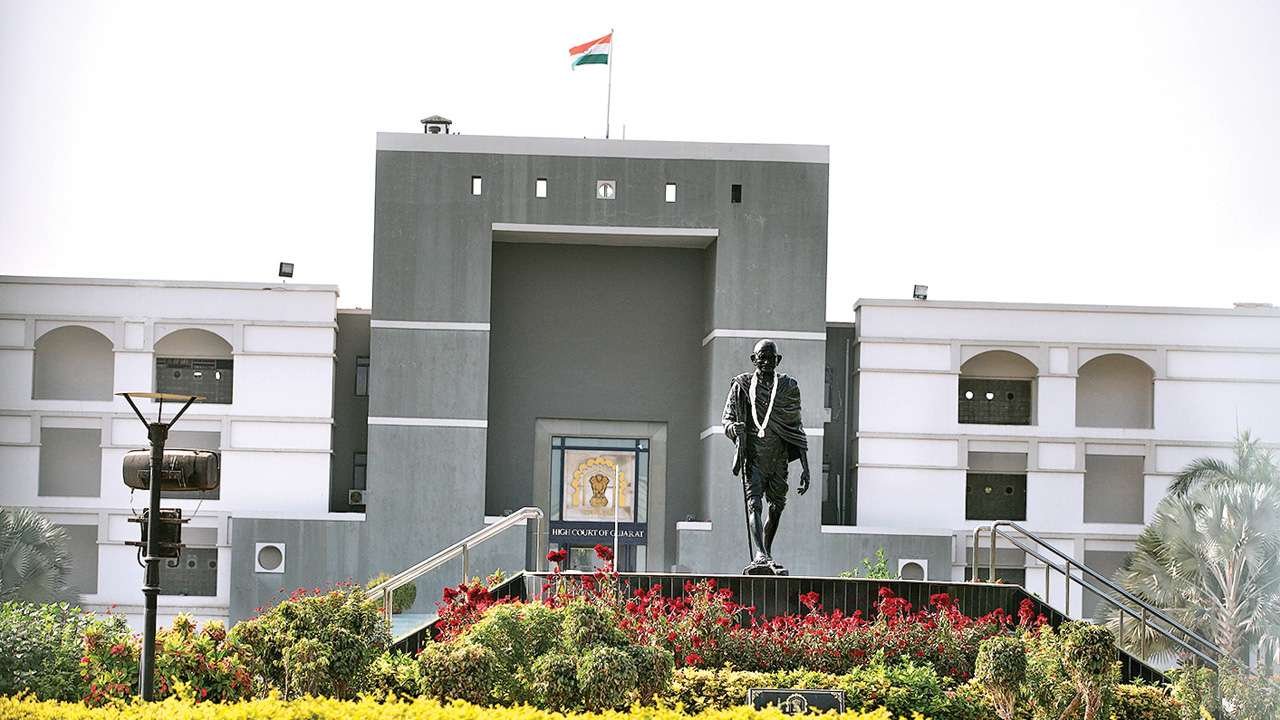The Gujarat High Court bench, headed by Justice NV Anjaria, has recently emphasized that the freedom to conduct business and trade is not absolute and can be subject to limitations.
In a related ruling, the court has also declared that the right to access safe and hygienic food is an integral part of the right to life under Article 21 of the Constitution.
The court has made it clear that state authorities have a legal obligation to ensure the safety of food by adhering to the prescribed regulatory measures and standards. The court’s decision came while dismissing a petition filed by illegal meat shops seeking relief.
“For the consumers of any food including the meat and meat products, there is a right to have safe food. The right to food with hygiene is also concomitant to Article 21 of the Constitution, as the right to food itself is. Article 21 would also envelope in it a right to safe food. This would represent the other side of the coin when the meat vendors would insist for doing business even the meat is unstamped meat or that the slaughter house is not licensed or the norms compliant,” the bench noted.
Multiple petitions filed by owners of meat and poultry shops seeking permission to reopen their businesses, which had been shut down by municipal authorities, were denied by the court. This was a consequence of a public interest litigation (PIL) petition that alleged the violation of several mandatory regulations, resulting in the closure of the shops.
The PIL petition urged for the implementation of the Supreme Court’s verdict and the provisions of the Prevention of Cruelty to Animals Act, which specify that only licensed slaughterhouses can slaughter animals.
The petition also revealed that many shops in Gujarat were selling “unstamped” meat, which meant that animals were killed locally rather than in the slaughterhouses. The shop owners claimed their right to conduct their own business, but the court held that the freedom to conduct business is not absolute.
“Right to freedom of trade may be a fundamental right, but not a carte blanche. The laws are enacted and operate in public good and public interest. The freedom to trade or right to do business have to yield the public health norms and the restrictive compulsions needed to be enforced in larger public good. The right to free trade in food items like meat, or any such food has to be subserving to public health and food safety requirements. The applicants cannot draw for them such unrestricted right to do the business on the canvass. A bare ground may not be permitted to be advanced to justify to seek laxity in the food safety or pollution norms. The activity of running unlicensed slaughter houses and selling unstamped meat could not be approved or permitted without the stakeholders complying the applicable laws,” the bench noted.
The court ruled that the store owners cannot claim unrestricted freedom to sell meat or operate slaughterhouses based on religious occasions if they do not comply with the law. It was observed that the applicants did not challenge the Acts or Regulations under which the action against them was taken.
The court further held that the provisions of the Food Safety and Standards Act of 2006 and the Food Safety Regulations, which impose restrictions on meat shops to maintain hygiene and other standards, are reasonable restrictions on the right of meat vendors and abattoir owners to conduct their businesses.
The court also pointed out that not all slaughterhouses and meat shops were directed to shut down, and only those who did not adhere to the regulations were closed. The court allowed the shops that complied with the regulations to continue their operations.
“Even the shops and premises owners who are given the show cause notice or whose shops are ordered to be closed, could meet with the requirements of law and after fulfilling the norms, may approach the competent authority seeking to reopen their business premises or shops,” the bench said.



